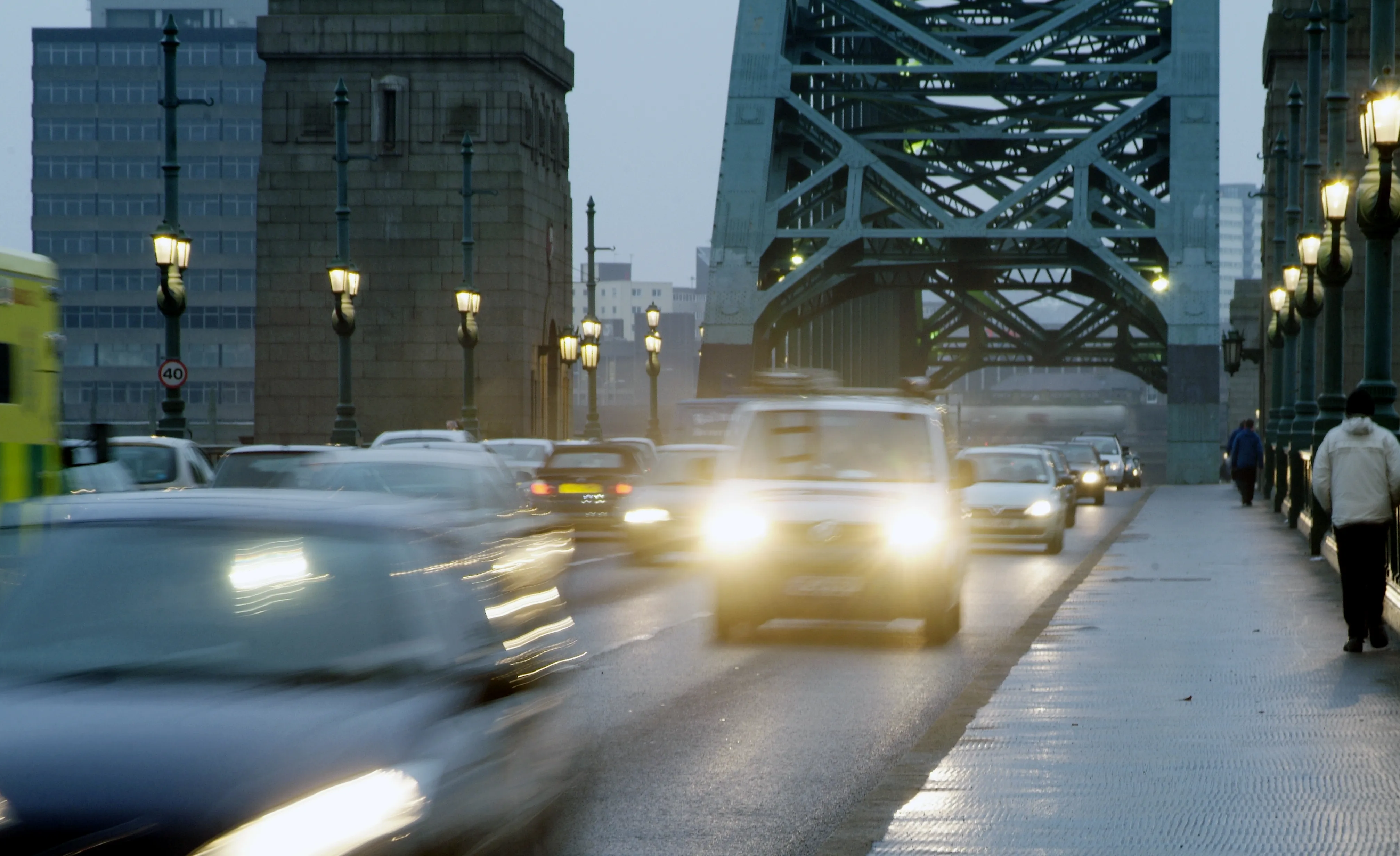The newly-formed consortium – called the Clean Van Commitment – is backed by the
Bex Bolland, head of air quality at Global Action Plan, says the collective purchasing commitments of fleet leaders aiming to adopt electric vehicles will show manufacturers that demand is thriving.
“These 16 fleets will pave the way for the national fleet of four million vans to become zero emission, significantly improving the air we all breathe,” Bolland adds.
Additionally, the Clean Van Commitment aims to deliver 18,000 zero tailpipe emission vans by 2028 – as long as sufficient charging infrastructure and competitively-priced vehicles are available, it warns.
The report, a joint venture between the University of Oxford and the University of Bath, says vans drive 75 billion miles each year and contribute to 30% of the UK’s road transport nitrogen dioxide emissions. This means the health damage caused by vans is over three times the impact of a car - at £24,555 per annum in areas such as inner London, the study explains.
The health costs of air pollution from cars and vans shows London’s annual bill to the NHS is £285.5m, Birmingham’s £150m and Slough’s £50m.
Roads minister Jesse Norman says the research underlines the importance of a transition to greener transport.
“That is why the Clean Van Commitment is important, encouraging some of the biggest van fleet operators in the UK to switch to cleaner vehicles,” Norman adds.
The fleet operators have issued recommendations to help more van fleets make the switch to electric. These include more charging points, tax changes which support electric vans, a greater choice of electric van models and permission to add charging infrastructure to their depots.
As well as Engie, the full list of operators involved in the Clean Van Commitment is: Abel & Cole, Anglian Water, Environment Agency, Gateshead Council, Leeds City Council, London Borough of Hackney, London Borough of Waltham Forest, Network Rail, Northern Gas, Northern Lincolnshire and Goole NHS Foundation Trust, Oxford Council and Direct Services, Tesco, United Utilities, Yorkshire Ambulance Service, Yorkshire Water are also members.
UK fleet operators commit to taking diesel vans off roads
In the UK, 16 public and private sector fleet operators are to invest £40m in a bid to deploy 2,400 electric vans by 2020. The operators – which include Tesco - point to a recent study, in which the health damage caused by pollution from diesel vans has been put at £2.2bn per annum to the UK National Health Service and to society.
The newly-formed consortium – called the Clean Van Commitment – is backed by the Department for Transport and led by charity Global Action Plan and energy and services group Engi
September 6, 2018
Read time: 3 mins
In the UK, 16 public and private sector fleet operators are to invest £40m in a bid to deploy 2,400 electric vans by 2020. The operators – which include Tesco - point to a recent %$Linker: 2 External <?xml version="1.0" encoding="utf-16"?><dictionary /> 0 0 0 link-external study false https://www.cleanairday.org.uk/Handlers/Download.ashx?IDMF=7eb71636-7d06-49cf-bb3e-76f105e2c631 false false %>, in which the health damage caused by pollution from diesel vans has been put at £2.2bn per annum to the UK National Health Service and to society.







